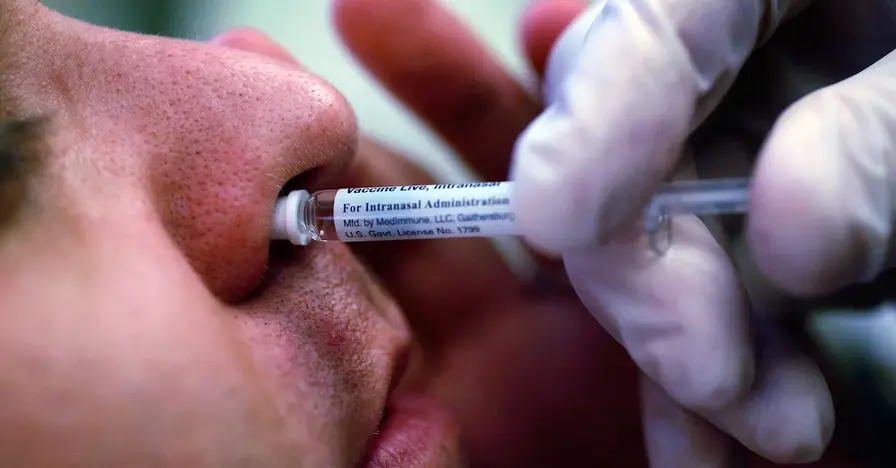T4K3.news
FDA reviews Pfizer vaccine for under five
The FDA is considering revoking the emergency authorization for Pfizer's Covid vaccine in healthy children under five, signaling a potential shift in pediatric vaccination policy.
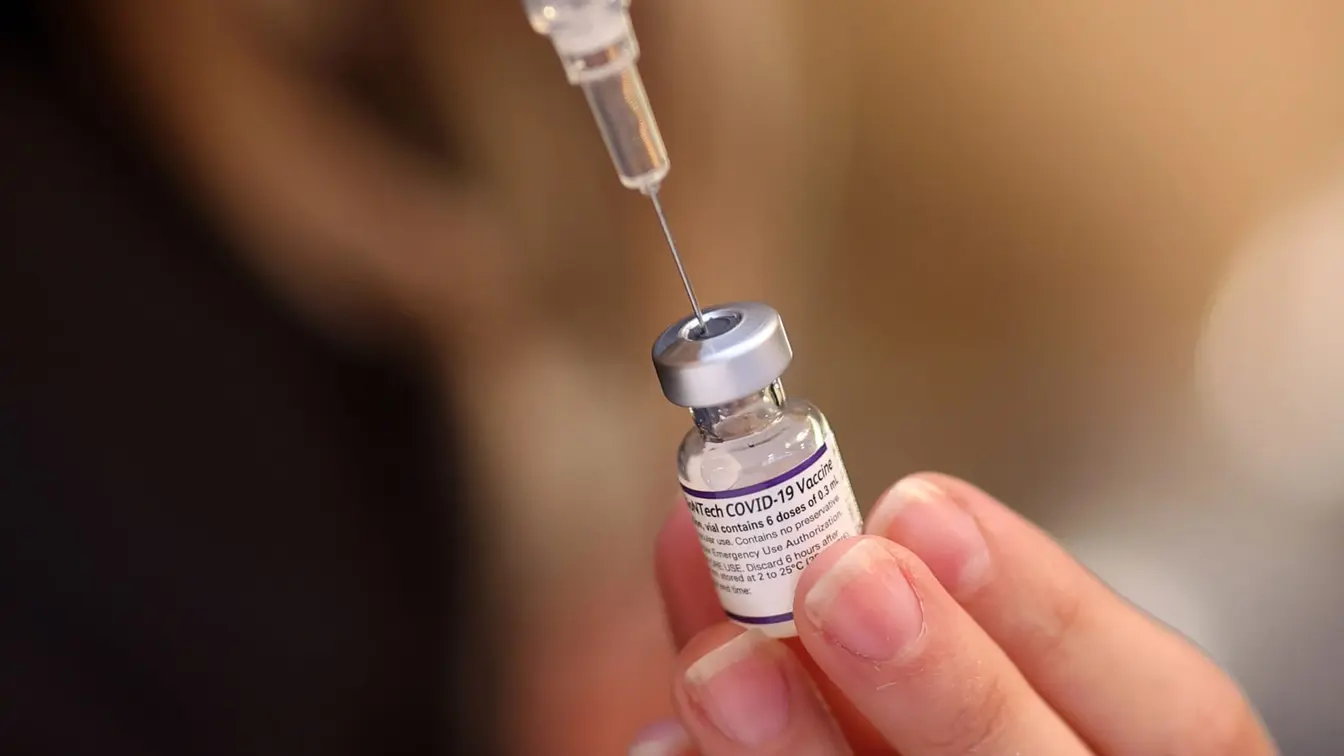
The FDA is considering pulling emergency authorization for Pfizer's vaccine in kids under five, a move that could leave some families with limited vaccine options.
FDA weighs revoking Pfizer Covid shot for children under five
The Food and Drug Administration is evaluating whether to revoke its emergency use authorization for Pfizer's Covid-19 vaccine for healthy children aged 6 months to 4 years. Pfizer confirmed the agency is reviewing the authorization, a development that could leave many young children without an authorized vaccine option if no other shots are available. Moderna and Novavax vaccines have different, more restricted approvals for younger populations, which complicates the protection landscape as fall and winter seasons approach.
The FDA says the deliberations are not about the safety or efficacy of the vaccine, which Pfizer argues continues to show a favorable profile. The move comes amid ongoing debates over vaccine policy and the influence of political voices on health decisions. The Guardian reported that Moderna is pushing to increase its supply for children, and the FDA recently granted full approval to Moderna's vaccine for certain high-risk pediatric groups. The overall context includes past political criticism of these vaccines by prominent figures, and evolving CDC guidance on vaccination for children and pregnant people.
Key Takeaways
"The FDA's deliberations are not related to the safety and efficacy of the shot."
Pfizer statement on deliberations
"The shots continue to demonstrate a favorable profile."
Pfizer statement on safety/efficacy
"Kennedy has targeted those vaccines in the past."
Background on political pressure
"Policy should stand on science, not headlines."
Editorial perspective
Policy decisions about child vaccines are now increasingly entangled with politics, trust, and public messaging. Even when a drug’s science remains sound, the process can erode confidence if people fear sudden changes or perceived caprice by regulatory leaders. The situation highlights a broader challenge: keeping immunization programs steady while political actors weigh in. For families, the result could be uncertainty about how to protect their children this fall and winter and whether clinics will have consistent vaccine access.
Beyond immediate access, the episode tests how health agencies balance urgent public health needs with political scrutiny. If the FDA moves to revoke or delay an EUA, agencies must explain the rationale clearly to avoid fueling misinformation and hesitation. The outcome could influence future vaccine policy, funding, and the logistics of delivering pediatric vaccines, especially for families with limited healthcare options.
Highlights
- Vaccination policy must stay grounded in science not headlines.
- Trust is built in steady decisions, not sudden reversals.
- Kids health should lead the plan not politics.
- Public health and policy belong together not at odds.
Policy risk from potential vaccine authorization revocation
The FDA's review is highly political and could trigger public confusion and backlash among families. The move also tests immunization policy at a time of politicized messaging about vaccines.
Policy moves like this will test how vaccines fit into everyday life.
Enjoyed this? Let your friends know!
Related News
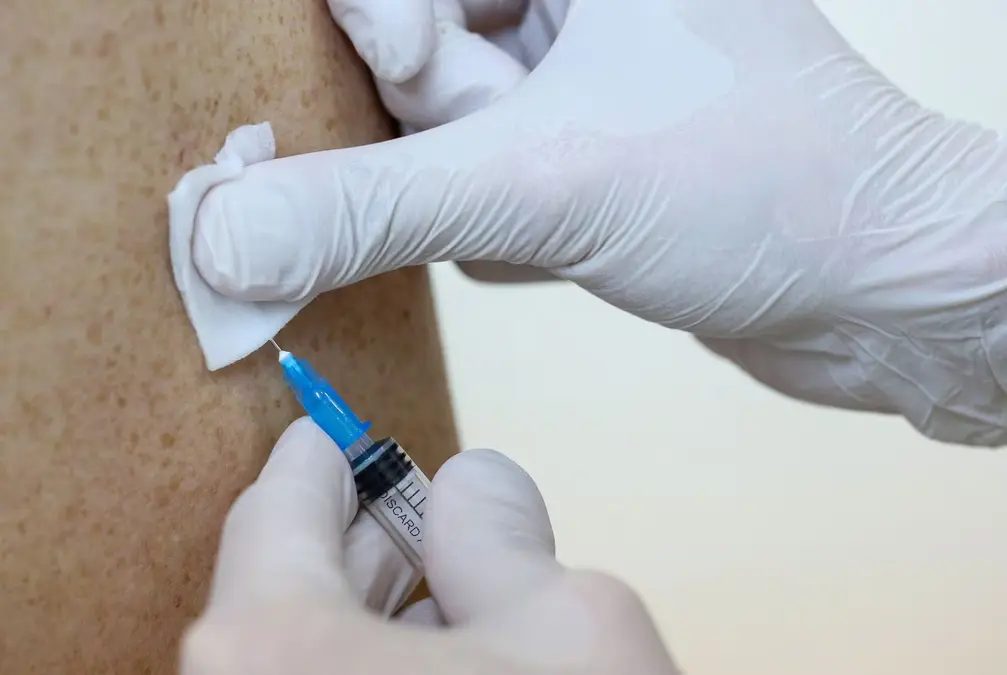
Vaccine guidance unsettled

FluMist Home taps living rooms for flu defense
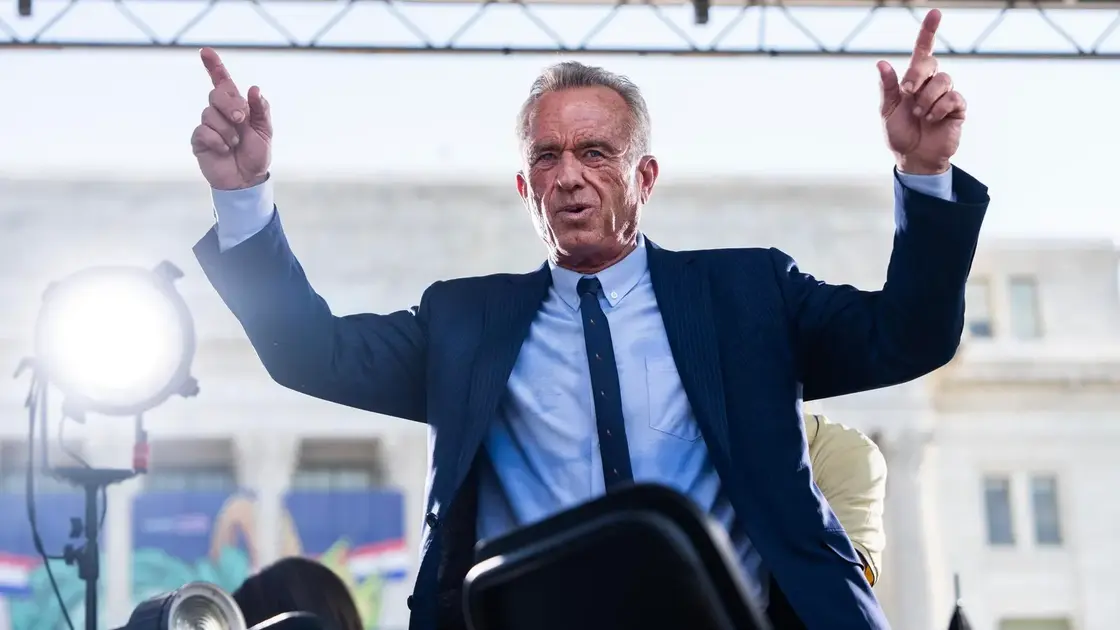
Kennedy Cancels Major mRNA Vaccine Funding
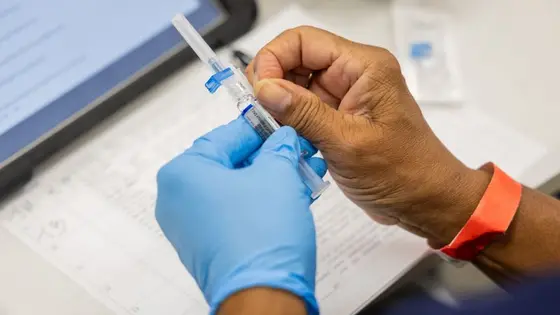
States face loss of vaccination funding

Jenna Jameson Claims Oscars Slap Was Planned

Dallas puppy yoga outbreak
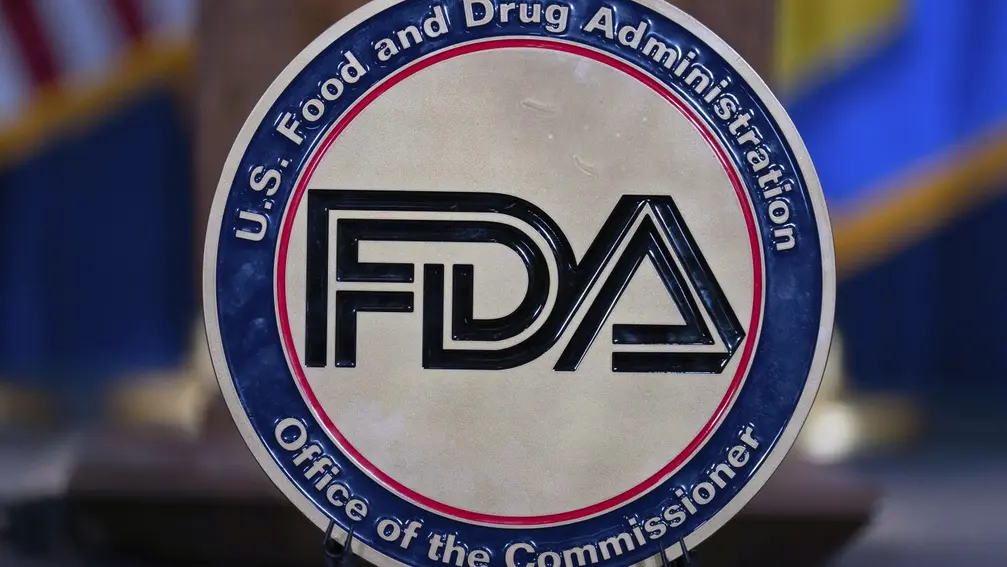
FDA appoints new leader for drug evaluation

MRNA funding cut sparks debate over vaccine strategy
